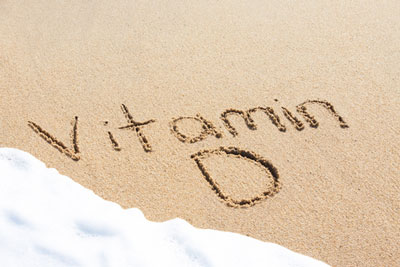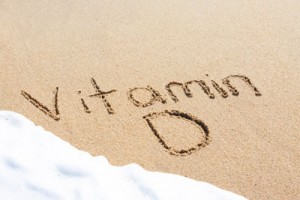Prescription-only vitamin D formulation launched in the UK
Posted: 23 June 2015 |
Internis Pharmaceuticals has launched a new MHRA-licensed and approved vitamin D (colecalciferol) formulation in the UK – Fultium-D3 Drops…


Internis Pharmaceuticals has launched a new MHRA-licensed and approved vitamin D (colecalciferol) formulation in the UK.


The formulation, Fultium-D3 Drops, is the first commercially available on prescription for the treatment and prevention of Vitamin D deficiency in children under five, pregnant women and breastfeeding mothers. Vitamin D deficiency is a serious and increasing UK public health priority, affecting up to 24% of the UK population.
The results from a new survey of over 1,000 mothers on Mumsnet, conducted by Internis, highlighted a lack of understanding about vitamin D deficiency and the recommended daily intake. 59% of Mumsnet users received no information at all about vitamin D deficiency from any source. Over 85% of mums who were aware of the benefits, gave their child under five a daily vitamin D supplement without getting a prescription from their GP.
Too much vitamin D can result in kidney failure
The use of non- licensed vitamin D supplements can increase a patient’s chances of consuming quantities of vitamin D outside of the daily recommended quantity, which can have significant consequences. Too much vitamin D can result in a range of effects including kidney failure. Alternatively, vitamin D deficiency in pregnant women and breastfeeding mothers can lead to inadequate development of foetal stores of vitamin D in early infancy but also this deficiency in young children, can lead to an increased risk of developing rickets.
For new-borns and older infants who are breast-fed or partially breast-fed, vitamin D is essential to absorb calcium and build strong bones and teeth.
Dr Christine Burren, Consultant Paediatric Endocrinologist at the Bristol Royal Hospital for Children said, “Pregnant and breastfeeding mums provide all of their babies’ nutritional needs from their bodies’ own reserves. Our lifestyle and climate mean that many of us do not manufacture enough of our own vitamin D and the essential vitamin is rare in foods. The availability of an accurately formulated, licensed drops formulation specifically for this group is vital.”




